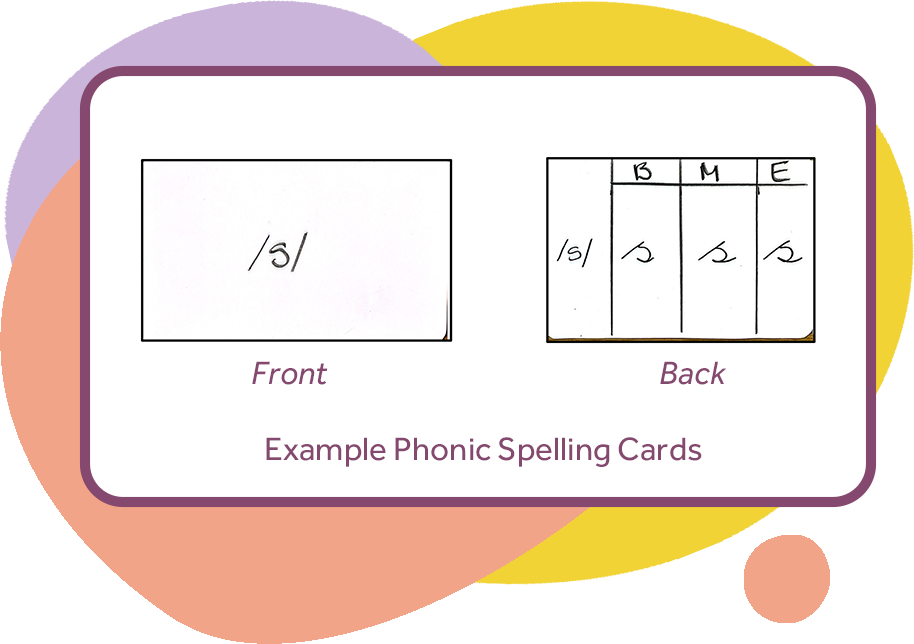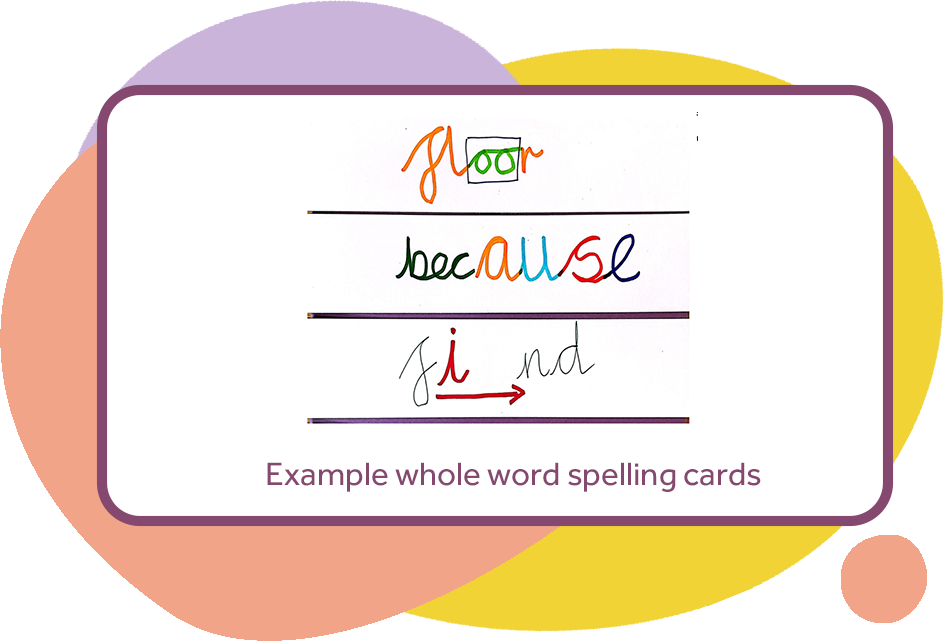
Working with children with Special Educational Needs and Disabilities, parents and schools to enable all children to thrive


About Katy
I am a fully qualified, successful and highly experienced primary teacher and leader with over twenty years’ experience of working in primary schools.


Parents

Support and guidance can either be face to face or online.

Children
I provide tutoring for children with a range of Special Educational Needs and Disabilities.
Children are supported by a tailored approach to meet their individual needs:
Teaching your child
I like to work face to face with children as I find this is much more supportive to children and has a far greater impact on progress than online. I have a teaching area set up in my home in Wimbledon.
A Tutoring Plan is written for each ‘block’ of work (5 or 10 weeks) which is agreed with you. Each lesson is carefully planned with feedback shared verbally or sent to you via email. At the end of each block, the Tutoring Plan is formally reviewed and shared with you.


Specialist Teaching for Children with Dyslexia
As an Accredited Specialist Teacher for children with Dyslexia, I provide a structured, cumulative, sequential approach to meet your child’s needs.
Following initial assessments, a detailed plan of support will be written and agreed with parents/carers prior to starting work. Lessons planned are multi-sensory and individualised to your child’s interests and incorporate the identified areas of need which will include some or all of the following:
A weekly written update is provided to you


Drawing and Talking
Drawing and Talking is a gentle and safe therapeutic approach which provides an effective way for children to process emotional pain and trauma that they are or have experienced. People are impacted emotionally by many different events, struggles or traumas. Sometimes they are unable to make sense of how they are feeling and how those feelings are impacting on their happiness and ability to navigate the world.
Drawing and Talking is not intended to be used as a tool to ‘find out’ what is wrong or why the child behaves in the way that they do. It is not used to ‘fix’ a child's difficulties.
It is advised that Drawing and Talking takes place for 30 minutes per week over a twelve week period. Each of the sessions allows the child to play, by drawing a picture, and process any emotions they are holding internally in a safe and non-confrontational way, working at their own pace.


Schools
As an experienced leader who is highly motivated, diligent and conscientious, I am passionate about education, inclusion and equity within schools.


Testimonials
A selection of testimonials from a wide range of people I have worked with:

Contact Katy

© 2024 All Children Can | All Rights Reserved | Designed and Built by Design Monster